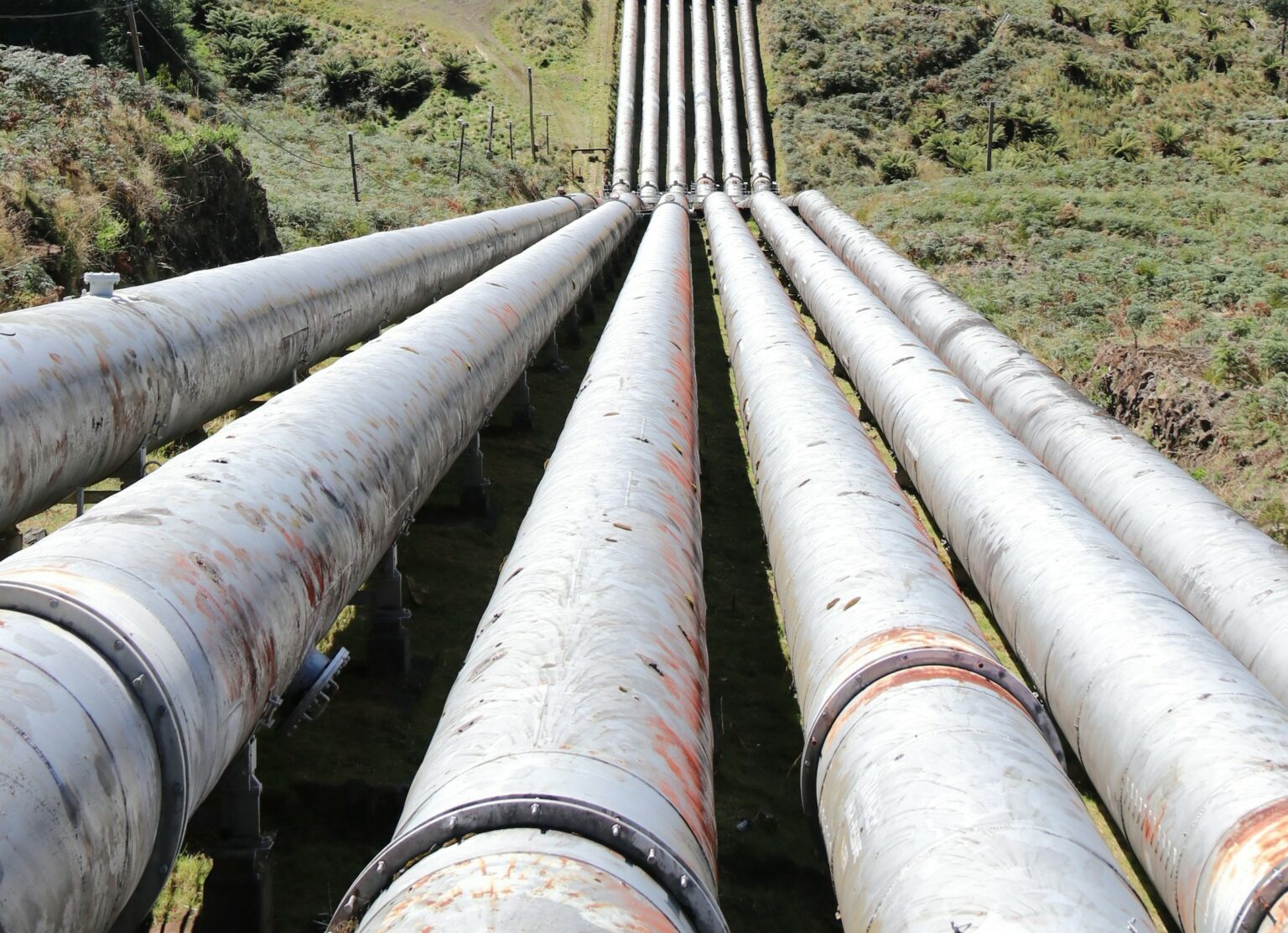South Dakota Senate has passed House Bill 1034. The legislation mandates the permitting of hydrogen pipelines by the South Dakota Public Utilities Commission (PUC), marking a pivotal moment in the state’s regulatory approach to emerging energy technologies.
House Bill 1034 secured a decisive 27-5 vote in the South Dakota Senate, underscoring a bipartisan consensus on the need for regulatory oversight in the burgeoning field of hydrogen transmission. Having already received unanimous support in the House, the bill is now awaiting Governor Kristi Noem’s signature to be enacted into law.
Drawing parallels with the state’s proactive stance in 2009 when it regulated carbon dioxide pipelines through House Bill 1129, HB 1034 is positioned as a forward-looking legislative measure. By subjecting hydrogen pipelines to the regulatory purview of the PUC, the bill aims to create a framework for permitting while ensuring adherence to regulatory standards.
The legislative move comes at a time when interest in green hydrogen development has surged, catalyzed by initiatives such as the Biden Administration’s promotion of “hydrogen hubs.” Notable among these is the Heartland Hydrogen Hub (HH2H), a collaborative effort involving the University of North Dakota’s Energy & Environmental Research Center, Marathon Petroleum Corporation, TC Energy, and Xcel Energy.
The HH2H proposes the establishment of three hydrogen production facilities in Minnesota, North Dakota, and South Dakota. Focused on generating commercial-scale quantities of clean hydrogen for applications in fertilizer and power generation, the hub anticipates creating 3,800 jobs across the multistate region.
While the HH2H is currently in the concept development phase, with potential sites for hydrogen production facilities in northeast South Dakota, the specifics of hydrogen pipeline routes remain undetermined. PUC Commissioner Chris Nelson highlighted during a committee hearing that the use of pipelines as connective infrastructure for hydrogen hubs is still uncertain.
Despite being one of the partners in the HH2H, Xcel Energy denied plans to construct pipelines in South Dakota. The hydrogen hub’s website suggests the use of “connective infrastructure” for transporting low-carbon hydrogen, leaving the door open for diverse transportation methods along the supply chain.
As South Dakota navigates this legislative and technological juncture, the regulation of hydrogen pipelines sets the stage for a new era in the state’s energy landscape, aligning with broader trends towards sustainable and innovative energy solutions.
